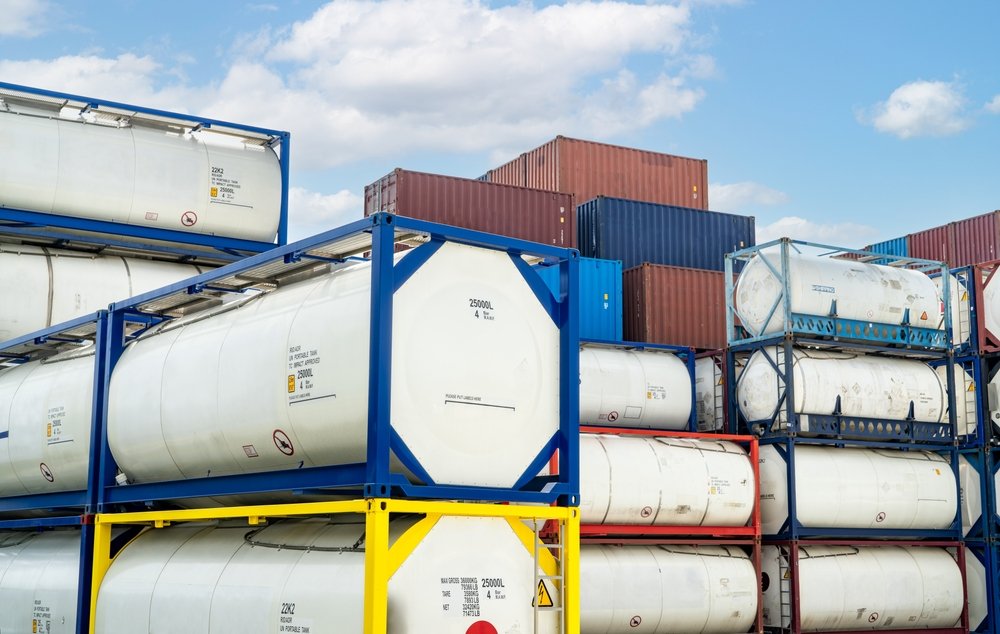The movement of chemicals is far more complex than shifting ordinary cargo. Strict safety protocols, environmental risks, and international regulations all converge to make chemical bulk transportation one of the most challenging sectors in global logistics. Each journey involves balancing speed with security, precision with practicality, and innovation with compliance.
Safety at the Core of Operations
When it comes to chemicals, even a minor mishap can lead to serious consequences. Leaks, spills, or reactions triggered by improper handling may endanger workers, communities, and the environment. This is why transport crews undergo specialized training, ensuring every valve, seal, and container is double-checked before departure. Safety, here, isn’t a checklist—it’s the heartbeat of the operation.
Navigating Regulatory Complexity
One of the biggest hurdles lies in dealing with regulatory frameworks. Each country imposes its own set of requirements, from container standards to labeling rules. A shipment moving across multiple borders often has to comply with several overlapping laws, making coordination a time-consuming process. Mistakes can result in costly delays, fines, or, worse, rejected cargo.
Equipment Limitations and Choices
Not all chemicals behave the same way. Some are highly corrosive, others sensitive to temperature changes, and many require specialized containment. For certain liquid cargoes, an ISO bulk liquid container provides a reliable solution, offering both safety and efficiency. But operators must carefully match the cargo type with the right equipment, a process that requires both technical knowledge and foresight.
Route Planning and Infrastructure Gaps
It isn’t only about moving cargo—it’s about ensuring the path itself can support it. Narrow highways, weak bridges, or underdeveloped port facilities can complicate the movement of hazardous materials. Planners often spend weeks identifying viable routes, adjusting schedules to avoid high-traffic hours, and preparing contingency plans in case of road closures or weather disruptions.
Balancing Costs and Efficiency
Transporting chemicals demands investments in specialized equipment, insurance, and safety measures. For shippers, controlling costs without compromising standards is a delicate balance. A flexitank transport company might offer flexibility for certain liquid chemicals, but the choice depends on volumes, handling needs, and destination requirements. Finding the balance between affordability and reliability often becomes a strategic decision for both carriers and clients.
Environmental Pressures
Modern operations can’t ignore environmental impact. Governments and industries are pushing for greener practices—reduced emissions, safer disposal of residues, and eco-friendly packaging. For chemical logistics, this means adapting fleets, exploring alternative fuels, and implementing smarter technologies that minimize risks to ecosystems. Sustainability is no longer optional; it’s a defining challenge for the future of transport.
Technology as a Game-Changer
Thankfully, advancements in digital tools have made chemical logistics more manageable. Real-time tracking, temperature monitoring systems, and predictive analytics allow operators to spot risks before they escalate. Smart sensors inside containers now alert teams if pressure levels rise unexpectedly or if a leak is detected. This fusion of technology with logistics is helping the industry move toward safer and more efficient practices.
Skilled Workforce: The Human Factor
Behind every shipment stands a team of professionals who understand the stakes. Drivers, handlers, compliance officers, and logistics managers work together to keep operations smooth. Training is continuous because regulations evolve, technologies improve, and risks change. Having a skilled workforce ensures that challenges are met not just with systems but with human judgment and quick decision-making.
Conclusion
The road to safe and efficient chemical bulk transportation is filled with challenges—from complex regulations and infrastructure constraints to environmental pressures and high costs. Yet, the industry continues to adapt, finding smarter, safer, and more sustainable solutions. Choosing the right partner is crucial, whether that’s an experienced bulk tanker company or a specialized logistics provider. Progressive Cargo has been helping businesses navigate these challenges with expertise and reliability, ensuring every chemical shipment arrives safely and responsibly.
Related Reads
- Custom Fitness App Development: Build the Fitness App Your Users Actually Want
- What to Expect from Professional Fleet Management Consulting Services
- A Comprehensive Guide to the Best Women’s Clothing and Fashion Trends
- How Round Cut Diamond Engagement Rings With Side Stones Reflect Elegance
- Private Label Gummy Manufacturer | Custom Gummies by Your Gummy Vitamins
- How to Contact Mosadaqa – Best Ways & Verification Guide



